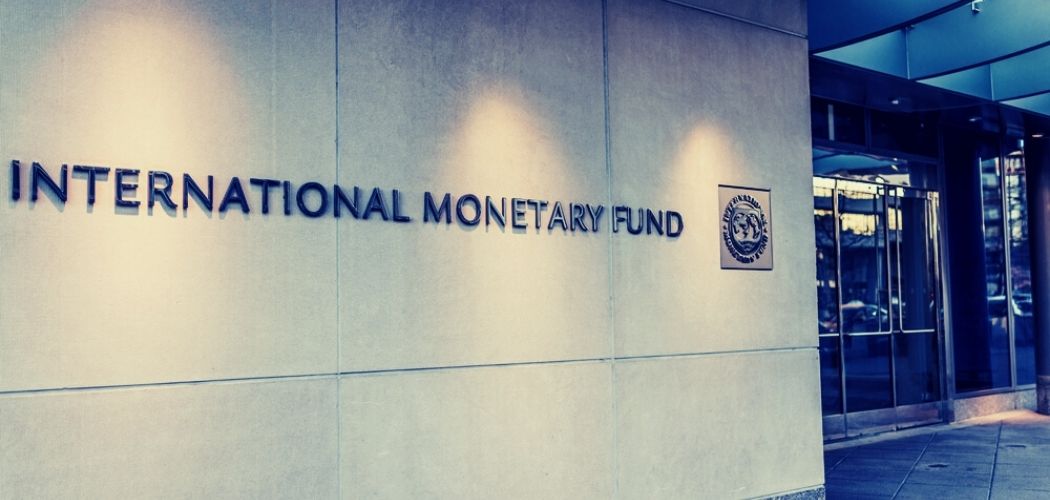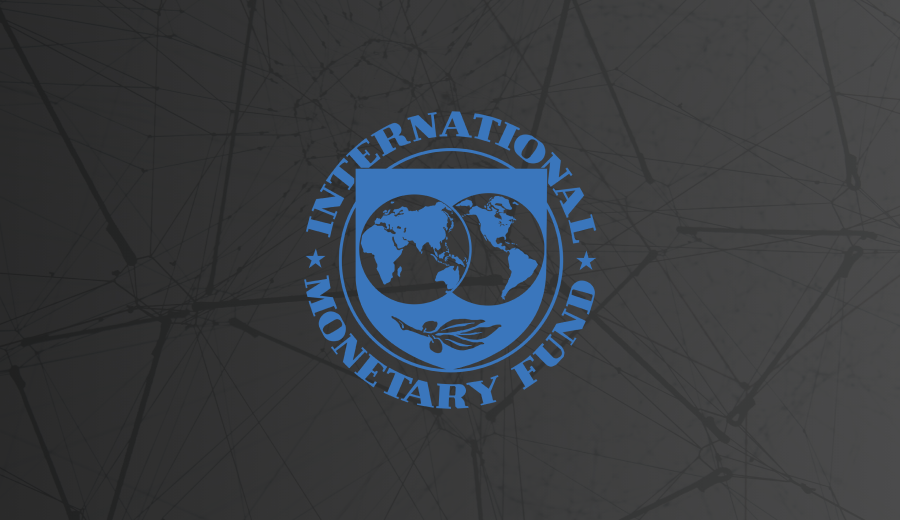In a July 26 report, the International Monetary Fund (IMF) refuted the idea that the crypto losses of the past few months will spill over to traditional finance. Instead, it leans towards fears of recession, geopolitical conflict, and inflation as major risks.
The IMF has long been vocal about its stance on cryptocurrencies and has worked hard to undermine the value of digital assets. However, as the crypto winter enters its fifth month, the IMF is unconcerned. In a report published on Tuesday, the IMF has clearly stated that the cryptocurrency market downturn poses no threat to global financial stability. The IMF’s Financial Stability Board said in the report that instead Russia’s invasion of Ukraine and ongoing COVID-19 lockdowns have dealt a heavy blow to the global financial system. In this dire economic climate, the IMF views inflation, and a recession as substantial dangers, but not the volatility in the crypto market. The fund’s current statements contradict its earlier sentiments. In 2019, Christine Lagarde, then head of the IMF, said that cryptocurrencies have an unmistakable impact on the financial system and are upending the banking sector. In 2021, the fund also said that digital assets threatened global financial stability and called for a globally coordinated response to regulation.
According to the IMF’s “Gloomy and More Uncertain” report,
Crypto assets have seen a major sell-off that has resulted in large losses in crypto investment vehicles and the failure of algorithmic stablecoins and crypto hedge funds, but so far the impact on the larger financial system has been limited.
Credit contagion has spread in the crypto market over the past few months forcing crypto companies such as Three Arrows Capital and crypto lender Celsius into bankruptcy proceedings. Threats of a global recession drove numerous crypto investors to sell off their assets, regarded as risky investments, driving the price of Bitcoin as low as $17,000 in June, with most of the altcoin market following causing major issues with collateralised loans. The IMF however believes that the spillover of the crypto winter into the traditional financial market has been very limited, even though investors have realised catastrophic losses. The IMF’s current view does however contradict previous statements made. In a January 2022 report entitled “Cryptic Connections: Spillovers between Crypto and Equity Markets,” the fund stated that the prices of digital assets have begun correlating with stocks and were affecting global markets.
Disclaimer: This article is provided for informational purposes only. It is not offered or intended to be used as legal, tax, investment, financial, or other advice.
Investment Disclaimer












